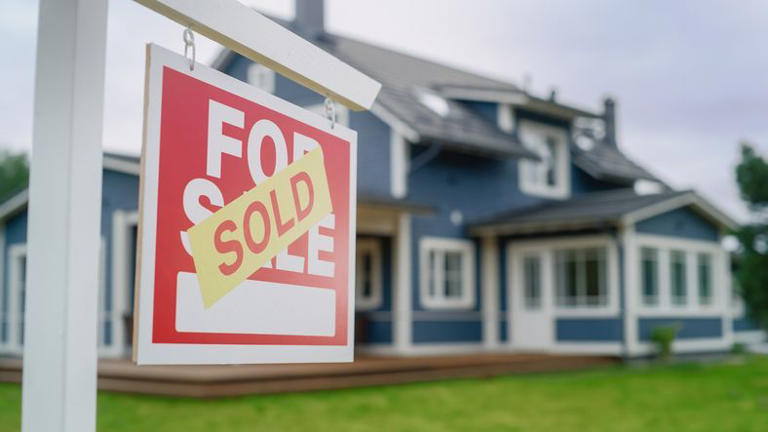When you sell your primary home, the IRS allows you to exclude a significant portion of the profit from your taxes. This exclusion – $250,000 for single filers and $500,000 for married, joint filers – is large enough that many sellers don't end up paying federal taxes on the capital gains from a home sale.
Taxes on the Sale of Property
When you sell an asset, including real estate, you may owe capital gains taxes on the profit from the sale. The capital gain can be calculated by simply subtracting the assets cost basis from its sale price.
In the case of real estate, you’ll have to calculate the property’s adjusted cost basis – the amount you paid for the home, plus any additional investments or improvements that you made to it. This can include any upgrades, expansions or additions that you've made to the property. It does not include repairs and maintenance, interest payments or temporary changes.
Essentially, if you spent money to improve the property's value, expand its utility or extend its lifespan, you can add that to the property's cost basis. If you spent money to maintain the property's status quo, you cannot.
When you sell your primary home, the IRS allows you to exclude a significant portion of the profit from your taxes. This exclusion – $250,000 for single filers and $500,000 for married, joint filers – is large enough that many sellers don't end up paying federal taxes on the capital gains from a home sale.
For example, say that you spent $500,000 on a house. Then, you spend $50,000 to renovate the kitchen and $10,000 on a new roof. You later sell the house for $700,000. Your taxable capital gain would be: $700,000 – ($500,000 + $50,000 + $10,000) = $140,000.
If you need help calculating your capital gains or planning for taxes, consider speaking with a financial advisor.
The Home Sale Tax Exclusion
When you sell a primary residence, the IRS allows you to exclude a considerable chunk of the profit from your capital gains taxes and only pay taxes on the remaining net profit. In 2024, this exclusion is $250,000 for single filers and $500,000 for married couples filing jointly.
This is known as the Section 121 Exclusion. While you can find the full details in Publication 523, to qualify for this exclusion you generally must be selling your primary home (so, not something like a vacation house or an investment property). You must have owned and used the house as your primary residence for at least 24 out of the last 60 months, although this time does not have to be consecutive. And in most cases, you won’t qualify for a Section 121 Exclusion if you’ve taken one in the previous two years.
If you sell real estate that doesn't meet these requirements, you may pay capital gains taxes on the entire profit. However given how large these exclusions are, most households pay little, if any, taxes when selling a primary residence. A financial advisor with tax expertise can potentially help you determine whether you’re taking advantage of the proper deductions and exemptions when selling your home.
Do You Owe Taxes on Your Home Sale?
- Have you calculated your adjusted cost basis correctly?
- Are you single or married?
First, ensure that you’ve added all applicable investments or improvements to the original cost basis (how much you paid for the home). As we discussed above, this includes any upgrades, additions and improvements you've made over the years.
You can also factor in the cost of selling the property. These expenses can be applied to the sales price, lowering it on paper. For example, you can subtract appraisal fees, attorney's fees, advertising costs, closing fees, broker commissions and other costs "directly associated with selling your home” from the sale price.
Your choice to downsize will not change this tax status. Years ago, Congress allowed home sales to take a tax exemption on what's called a "like-kind exchange." Under this law you could sell one house and use the proceeds to buy a new one, only paying taxes on any remainder. While you can still use a like kind exchange on investment properties, you cannot do this with a primary home sale any longer.
Finally, if you owned this home for less than a year, the profit will be taxed as a short-term capital gain and be subject to ordinary income tax rates.
Bottom Line
The IRS allows you to exempt either $250,000 or $500,000 in capital gains that are realized when selling your primary residence. If the net profits exceed the exemption, you’ll pay capital gains taxes on the remaining gain.
Contact me when you are ready to buy or sell your home, have financing questions, or need target data in a specific Scottsdale or Phoenix neighborhood.
Charles Fratantoni
HomeSmart
480-639-7742
Valley Real Estate Professionals





